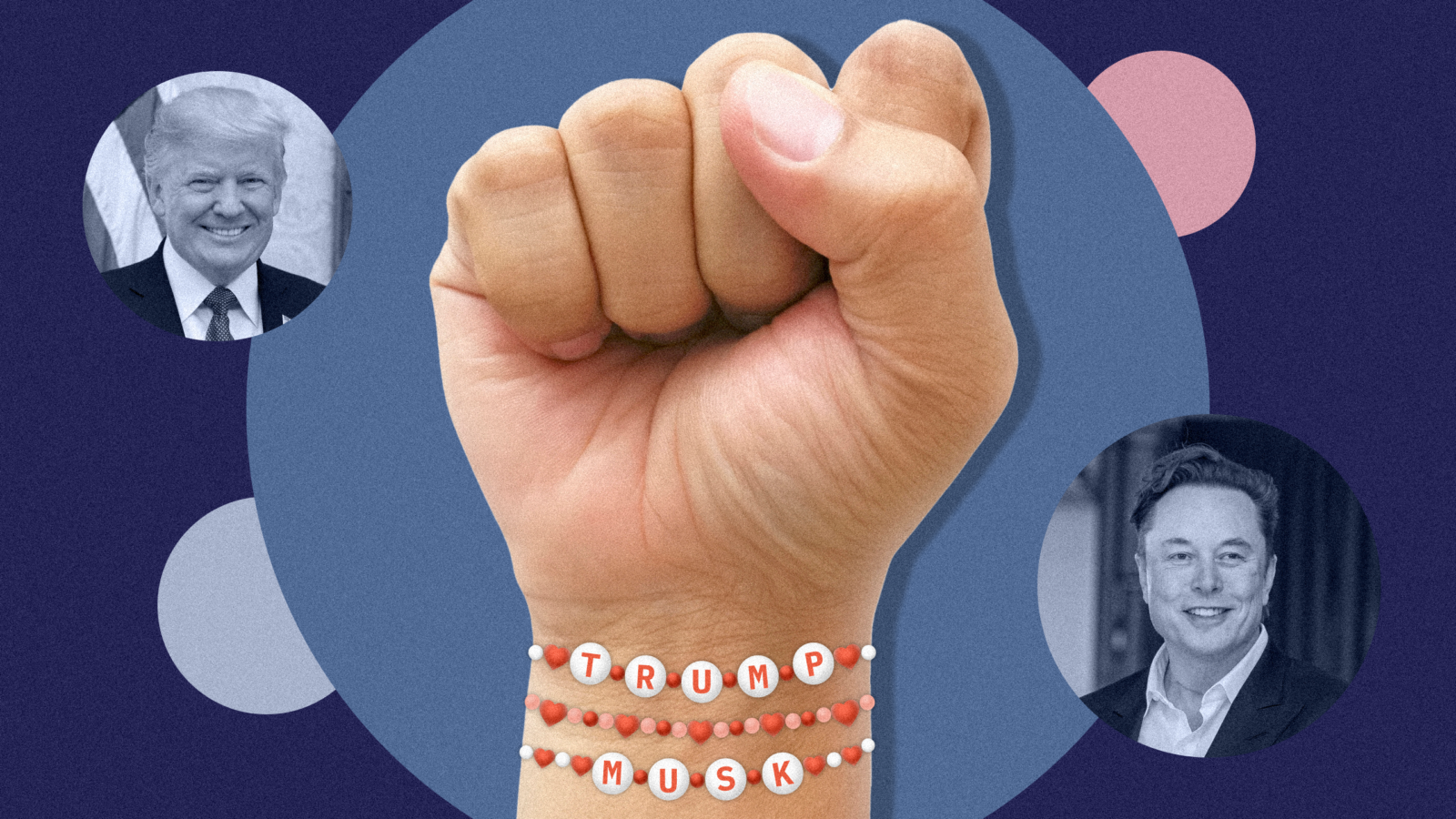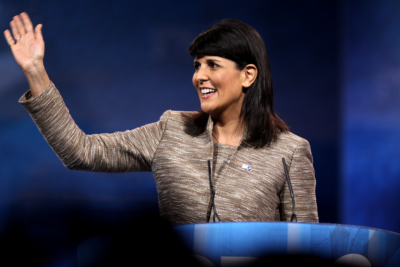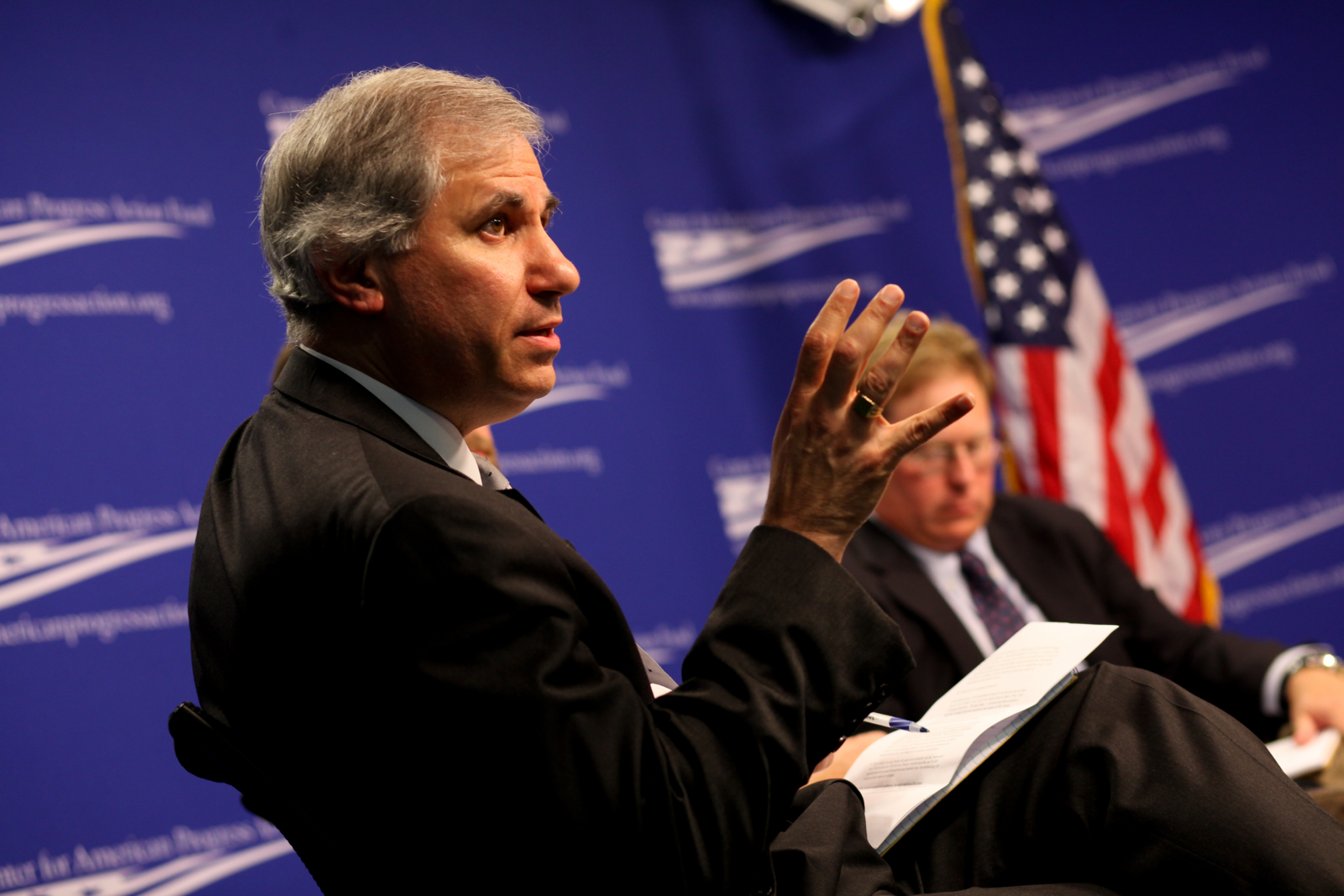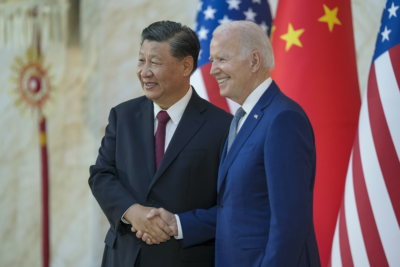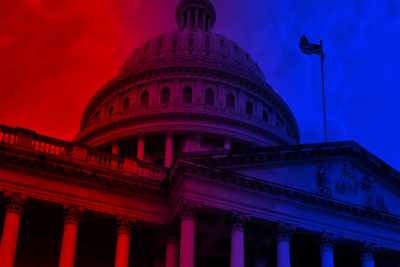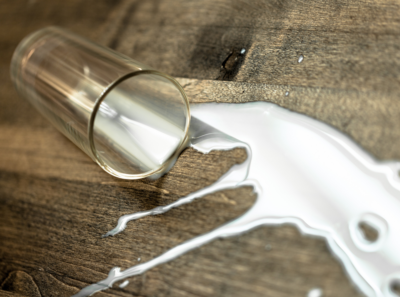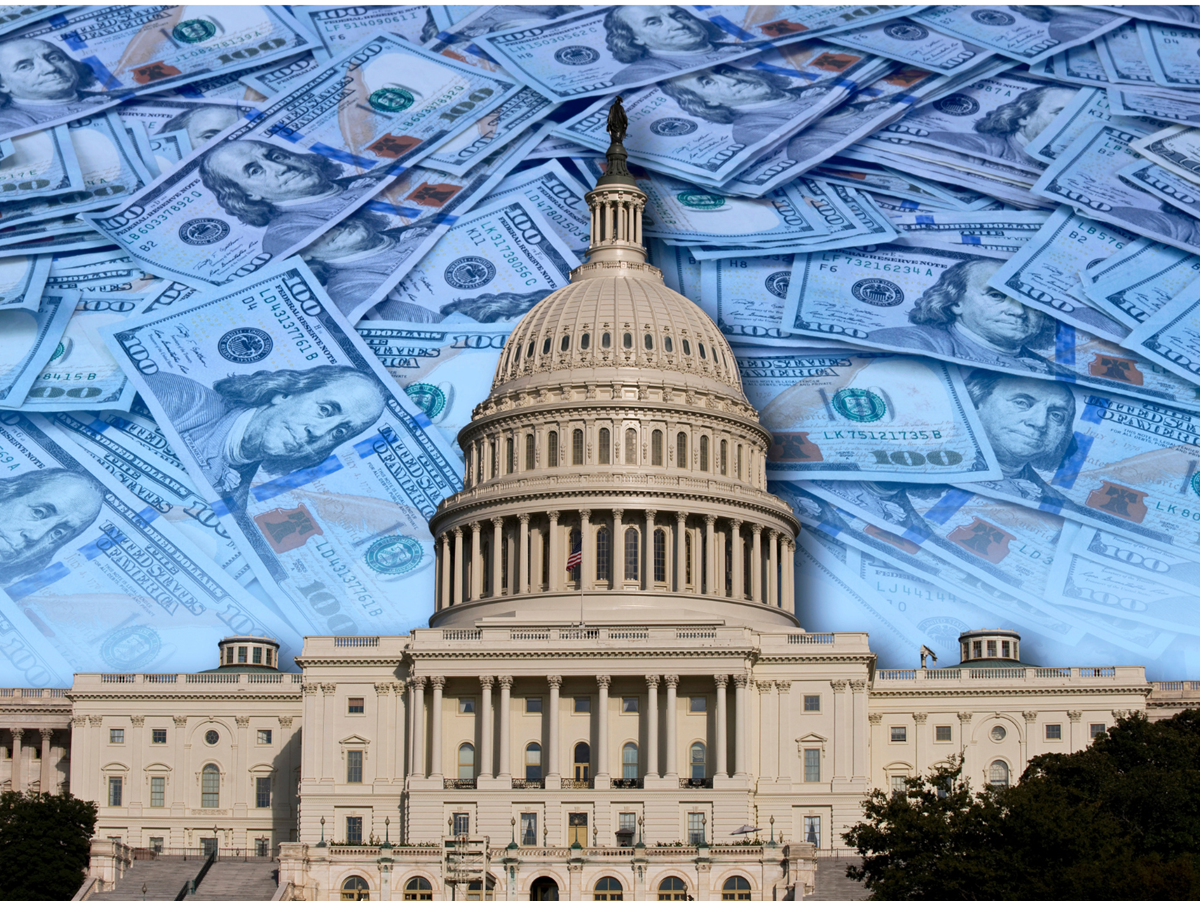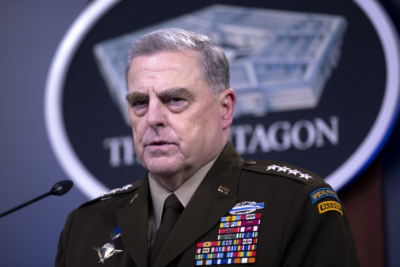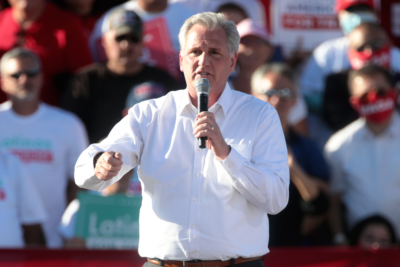Trump Criminal Charges Expose Fragility of U.S. Democracy
DOJ alleges ex-president “spread lies” to “erode public faith” in the 2020 election.
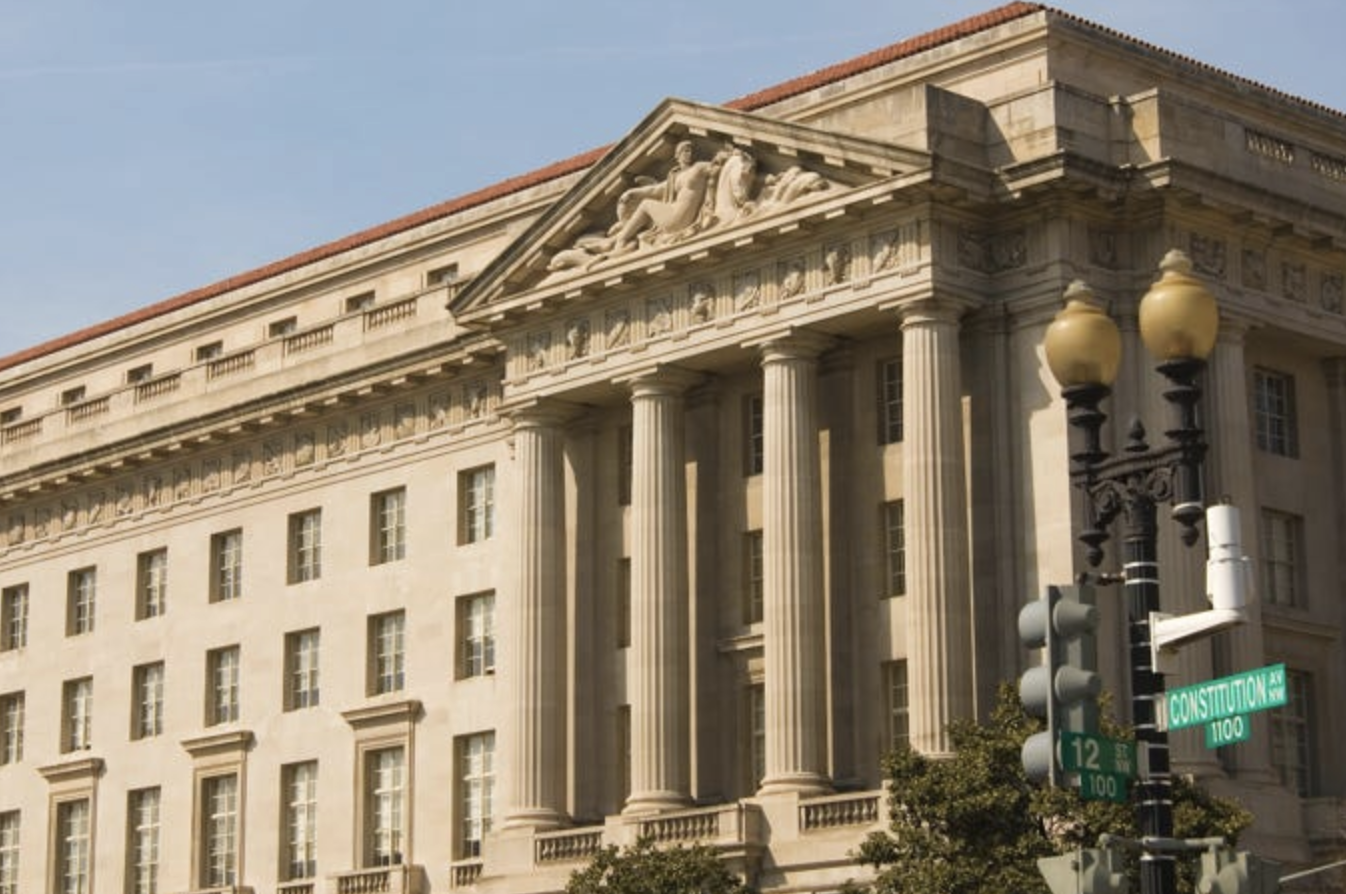
Sign up to unveil the relationship between Wall Street and Washington.
Jack Smith, the U.S. Department of Justice special counsel, accused former president Donald J. Trump late Tuesday of “conspiring to defraud the United States, conspiring to disenfranchise voters, and conspiring and attempting to obstruct an official proceeding.”
Trump was indicted on four criminal counts in all, resulting from a federal investigation into his conduct surrounding America’s 2020 presidential election and the Jan. 6, 2021, attack on the U.S. Capitol. Among the charges Smith filed against him were conspiracy to defraud the country; conspiracy to obstruct an official proceeding; conspiracy against rights; and the obstruction of and attempt to obstruct an official proceeding.
In a press conference Tuesday evening, Smith denounced the attack on the U.S. Capitol as “an unprecedented assault on the seat of American democracy,” saying it was “fueled by lies” propagated by Trump who “targeted and obstructed a bedrock function of the U.S. government: the nation’s process of collecting, counting and certifying the results of the presidential election.”
Smith encouraged Americans to read the full, 45-page indictment and praised members of law enforcement who defended the U.S. Capitol during the Jan. 6 insurrection, calling them “heroes,” “patriots,” and “the very best of us.” He added, “They put their lives on the line to defend who we are as a country and as a people; they defended the very institutions and principles that define the United States.”
The three criminal conspiracies outlined in the indictment included a conspiracy to defraud the U.S. by way of dishonesty and deceit to “impair, obstruct and defeat” the lawful government process of counting and certifying votes, a conspiracy to “corruptly obstruct and impede the proceedings on Jan. 6 to certify American votes, and a conspiracy against “the right to vote and to have one’s vote counted.”
The indictment unsealed against the Republican presidential frontrunner also accused him of working with six undisclosed “co-conspirators known and unknown to the grand jury” to criminally “overturn the legitimate results of the 2020 presidential election.” Early speculation in the press pointed to Rudolph Giuliani, former Mayor of New York and one of Trump’s personal lawyers, as a possible co-conspirator, among several others.
The majority of the co-conspirators were described in the indictment as lawyers, but one was characterized as a political consultant who helped devise a plan to submit “fraudulent slates of presidential electors” to obstruct the vote, and another who worked inside the Justice Department itself, using it to “open sham election crime investigations and influence state legislatures with knowingly false claims of election fraud.”
Trump immediately blasted the indictment. “Why did they wait two and a half years to bring these fake charges, right in the middle of President Trump’s winning campaign for 2024?” he said. The move by the DOJ, he said, amounted to “election interference.”
Trump is expected to make his first court appearance in connection with this latest round of indictments late Thursday afternoon.
The indictment illustrated in sweeping and extremely detailed terms the extent to which Trump and his co-conspirators allegedly attempted to reverse the results of the election, from asserting that non-citizens, non-residents and tens of thousands of dead people had fraudulently voted to stating that voting machines had compulsorily switched the votes from Trump to Biden.
“Despite having lost, the defendant [Trump] was determined to remain in power” and “spread lies that there had been outcome-determinative fraud in the election and that he had actually won,” prosecutors wrote in the indictment. “These claims were false and the defendant knew they were false.” Rather than accept defeat, they said, Trump promoted the falsehood that he’d won the election, creating “an intense national atmosphere of mistrust and anger and erode public faith in the administration of the election.”
Trump, of course, had the right to challenge the results of the election through lawful means, which he did, the indictment noted, but he was “uniformly unsuccessful.”
Other allegations included how Trump tried to press the DOJ to back claims of voting fraud, supported the scheme to appoint false electors and sought to pressure his vice president, Mike Pence into leveraging the false electors to undermine the vote on Jan. 6, contributing to the worst violence in the Capitol since the War of 1812.
Smith said the DOJ’s investigation into the events surrounding the 2020 election is far from over and the agency is committed to ensuring the accountability of those criminally responsible for what happened on Jan. 6, marking the first time a U.S. election was threatened in more than 130 years.
He also emphasized that the DOJ will seek to bring a “speedy trial” and that while Trump has been criminally charged, the evidence must be tested and the former president must be presumed innocent until proven guilty.
Smith was appointed by U.S. Attorney General Merrick Garland in November to investigate both Trump’s handling of classified documents, as well as his conduct after losing the 2020 presidential election and his behavior surrounding Jan. 6.
Smith has already indicted Trump on charges of illegally keeping classified documents and obstructing justice. But this next phase could open the door to a trove of previously undisclosed details from some of Trump’s closest White House associates and even his own attorneys – some of whom may be among the co-conspirators in the indictment unsealed Tuesday evening.
This past spring, a U.S. district judge granted Smith a “crime-fraud” exception that allowed the special counsel to pierce Trump’s attorney-client privilege after presenting enough evidence to establish Trump may have committed a crime through his attorneys.
As a rule, the so-called “seal of secrecy” between a lawyer and client does not include communications potentially made for the purpose of getting advice for the commission of a crime or to facilitate fraudulent activity. As a result, prosecutors were able to circumnavigate protections afforded to Trump’s lawyers, such as Evan Corcoran, who was compelled to testify before a grand jury, in addition to Trump’s former White House chief of staff Mark Meadows, who declined to speak to the Jan. 6 Committee.
All of which means the latest grand jury revelations may provide additional insight into what happened in the run-up to Jan. 6. Just as with his first two rounds of indictments, Trump was offered a chance to speak with the grand jury meeting at the federal courthouse in Washington ahead of the latest criminal charges, but he declined.
Trump’s lawyers did meet with Smith late last week, however, with Trump calling it a “productive meeting” on his Truth Social platform and stating that his attorneys explained to Smith “that I did nothing wrong, was advised by many lawyers, and that an indictment of me would only further destroy our country.”
With a rising number of indictments to contend with going into election season, it looks like Trump may face at least three trials – one in New York in March over the Stormy Daniels hush money payments, one in Florida in May over his handling of classified documents, and this one in Washington over allegations he tried to overturn the U.S. election – while running for the presidency in 2024.
